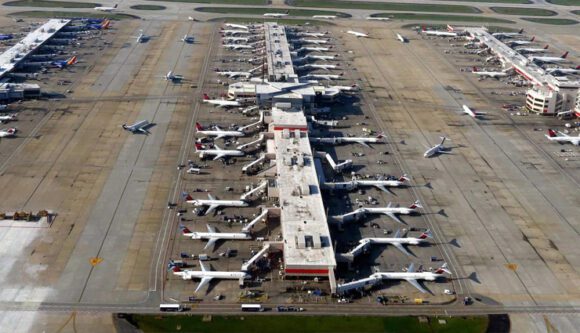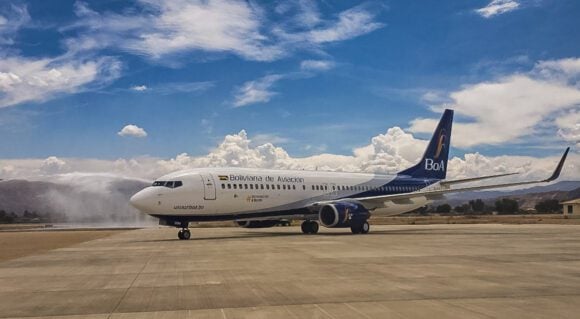As borders re-open, Nigeria is showing tremendous signs of recovery as the country recorded a total of 6,420,820 passengers who traveled through domestic and international airports in Nigeria between January and June this year, representing 50.5 percent over 4,267, 409 recorded same period in 2020.
Passengers Traffic Statistics Report made available by the Federal Airports Authority of Nigeria (FAAN) to AirInsight indicates that the figure comprised 5,513,098 domestic passengers and 907,722 international travelers. According to the report, Murtala Muhammed International Airport (MMIA) in Lagos processed the highest number of international travelers with 670,938 passengers, followed by Nnamdi Azikiwe International Airport (NAIA), Abuja with 225,985 in the first half of 2021a
The Abuja airport topped the chart for domestic air travelers with 1,974,249 passengers, closely followed by Lagos airport with 1,786,236. Others are Port Harcourt 377,679 passengers; Enugu 231,669; Kano 225,870. The report indicates that Lagos and Abuja airports alone accounted for 3,760,485 out of a total of 5,513,098 or 68.2 percent of all domestic arrivals and departures, and 896,923 out of a total of 907,722 or 98.8 percent of all international passengers. Malam Aminu Kano International Airport came a distant third with only 10,119 international passengers in the first half of the year.
Cargo soars
On cargo, the five major international airports in Lagos, Enugu, Abuja Kano, and Port Harcourt handled a total of 126.4 million kilograms of cargo between January and June this year, about a 106 percent increase over the 61.2 million recorded same period in 2020. Lagos alone accounted for the lion’s share of 113.9 million kilograms or over 90 percent of the total cargo throughput of the five international airports. Lagos also accounted for 18.8 million kilograms out of 18.9 million kilograms or 98.9 percent of all mail handled at the five international airports.
It should be recalled that four months ago, the Minister of Aviation, Hadi Sirika, disclosed that part of the government’s aviation roadmap was the upgrading of the airports in the country and making them viable. He also said through the concession of the airports, due to the paucity of government funds to undertake the repairs itself, the private handlers of the terminals and facilities would turn the derelict state of the airports into what Nigerians will be proud of.
Aviation master plan
Sirika said: “The airport upgrade is part of the Aviation master plan that seeks to revamp the aviation sector through the active participation of the private sector and make it self-sustaining. Some of the core objectives of the aviation master plan seek to establish a national carrier; have ready maintenance, repair, and overhaul center; establish an aviation leasing company; establish five airport free zones; and the development of an agro-allied cargo terminal.”
The minister, who made the Federal Government plans known at a virtual stakeholders meeting, asserted that the four major airports in Nigeria located in Lagos, Abuja, Port Harcourt, and Kano were not designed as international facilities. He added that the airports were not designed as international hubs but operate separate international and domestic terminals.
“The airports in Nigeria are currently operating in a suboptimal environment as there is relatively low asset utilization due to the limited opening hours of other smaller Nigerian airports; lack of terminal capacity as the airports fall short of gates, stands, and check-in desks. An overstretched facility is the Murtala Muhammed International Airport, Lagos terminal, built in 1979 for 200,000 passengers, but currently processes nearly eight million flyers,” he said.
Defying the odds
With the outlook, the country’s aviation industry may have defied the pessimism that the COVID-19 could slow not only Nigeria’s but Africa’s aviation recovery. The Managing Director of FAAN, Capt Rabiu Yadudu had at a seminar a few months ago that it would take a long time before the aviation industry would recover from the devastating effect of the Coronavirus pandemic. He said that the pandemic stifled the operational funds of aviation agencies, stripped airlines of capital, and left the handling companies and other service providers writhing in abject need of credit from financial institutions. Yadudu said that the aviation industry is in need of financial support, saying that the industry needs financial engineering.
Views: 0



